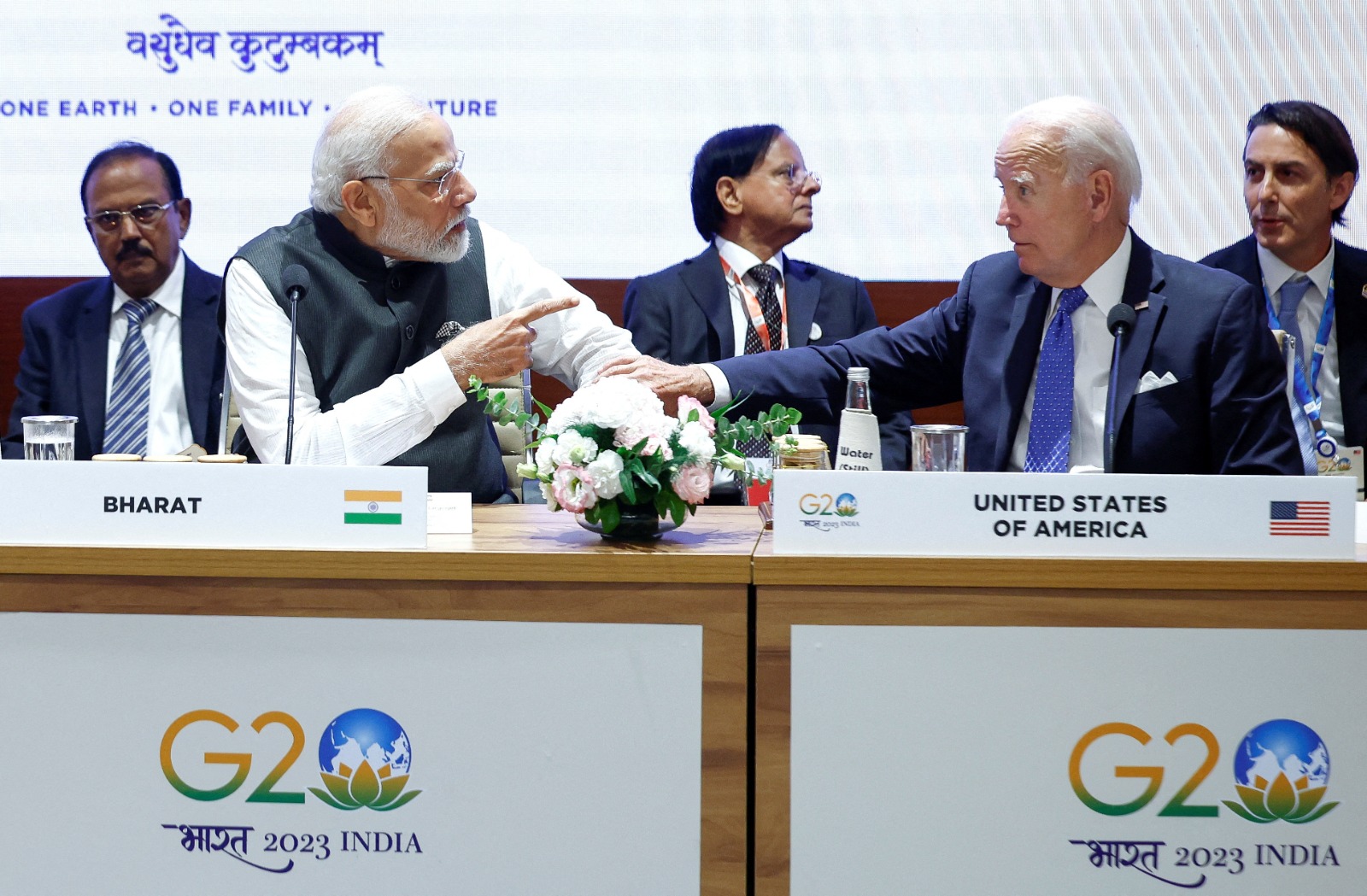United States President Joe Biden and several other Western leaders raised concerns directly with Indian Prime Minister Narendra Modi during the recent G20 summit regarding Canada’s allegations that New Delhi had a role in the assassination of Sikh separatist leader Hardeep Singh Nijjar. The discussion took place amidst mounting tensions surrounding this issue, which has prompted a diplomatic row and strained relations between Canada and India. This report delves into the details of the G20 discussions and the escalating tensions in the wake of these allegations.
Diplomatic Discussions at G20
At the G20 summit held earlier this month, multiple members of the Five Eyes intelligence-sharing network, including Australia, Canada, New Zealand, the United Kingdom, and the United States, directly addressed the killing of Hardeep Singh Nijjar with Prime Minister Modi. According to sources familiar with the discussions at the summit, Joe Biden and other leaders expressed their concerns after Canadian Prime Minister Justin Trudeau called on allies to intervene directly in this matter. It is evident that this issue has transcended national boundaries, warranting international dialogue.
India’s Rejection and Canada’s Claims
India swiftly rejected Canada’s claims of official involvement in Nijjar’s assassination, labeling the allegations as “absurd.” India’s foreign ministry pointed out that Canada had not shared any specific information regarding Nijjar’s murder, which occurred in Canada’s British Columbia. Nijjar, a Canadian citizen and vocal supporter of an independent Khalistani state within India, was designated as a “terrorist” by Indian authorities in July 2020. At the time of his killing, Nijjar was actively organizing an unofficial Sikh diaspora referendum on independence from India. This underscores India’s firm denial and the lack of concrete evidence provided by Canada to support its allegations.
Intelligence Sources and Expulsions
Reports indicate that Canada’s allegations against India are grounded in a combination of human and surveillance intelligence, including signals intelligence related to Indian diplomats in Canada. While the source of this intelligence remains undisclosed, it has been reported that no Indian official, when privately questioned, has denied the existence of evidence suggesting Indian government involvement in Nijjar’s assassination.This emphasizes the reliance on intelligence sources and the expulsion of diplomats as a consequence of these allegations.
Growing Diplomatic Tensions and Impact
Trudeau’s allegations against India have escalated the situation, leading to the expulsion of diplomats from both countries. The ongoing dispute presents a complex challenge for Western countries, as Canada has been a longstanding ally, while simultaneously, the United States and other Western nations aim to bolster ties with New Delhi to counterbalance China’s influence in the Asia Pacific region.
Rejection of a Wedge Between US and Canada
US national security adviser Jake Sullivan firmly denied any division between the United States and Canada on this issue, asserting that both countries share deep concerns about the allegations. He refuted attempts to create a divide and emphasized the unity in their stance. This shows United States’ commitment to its alliance with Canada despite the diplomatic strain.
Visa Services Suspended
As tensions escalate, the BLS Indian Visa Application Center in Canada has suspended visa services until further notice. This suspension impacts Canadian travelers, who are among the top visitors to India, and prevents them from traveling to India unless they already possess a visa. Highlighting the suspension of visa services underscores the tangible consequences of the diplomatic dispute.
Historical Context: Sikh Separatism and Government Crackdown
Delving into historical context, it is essential to note that Sikh separatist movements have been a source of tension between India and Canada for decades. While the Sikh uprising in India concluded years ago, the Indian government remains concerned about potential resurgence among Sikh separatist groups. Providing historical context underscores the long-standing nature of this issue and its relevance in contemporary diplomatic relations.
In conclusion, the allegations surrounding Hardeep Singh Nijjar’s assassination have cast a shadow over international diplomacy, with leaders from various countries engaging in discussions at the G20 summit. The situation remains fluid as both India and Canada stand their ground, while Western nations navigate the complex terrain of maintaining longstanding alliances while forging new ones in the evolving global landscape.















